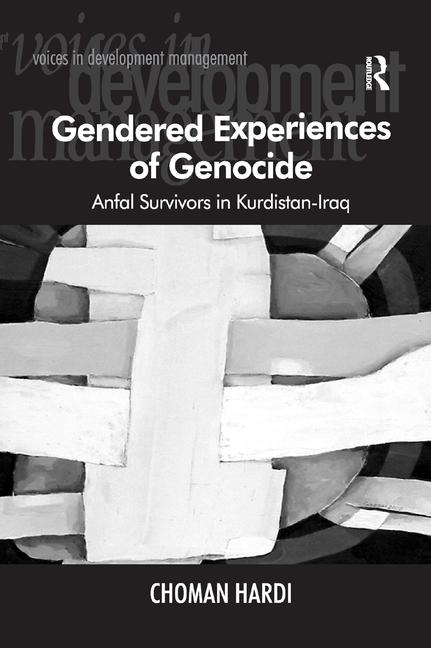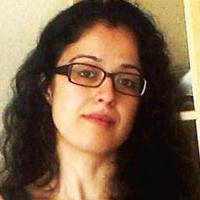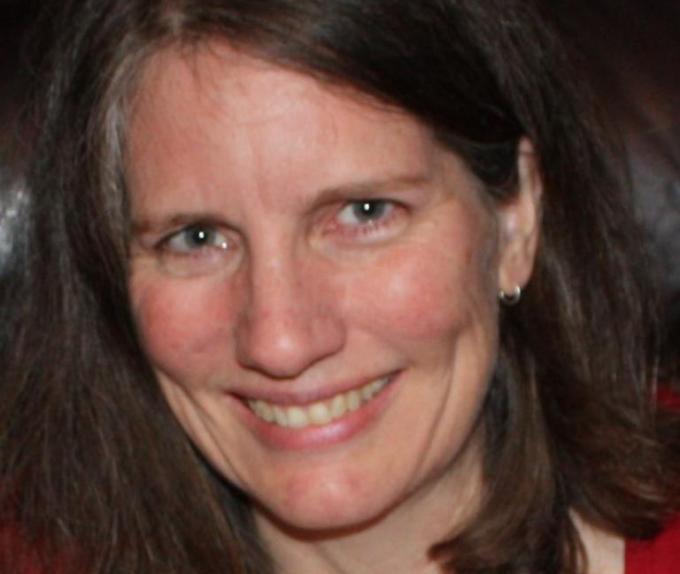
Between February and September 1988, the Iraqi government destroyed over 2000 Kurdish villages, killing somewhere between 50,000 and 100,000 civilians and displacing many more. The operation was codenamed Anfal which literally means 'the spoils of war'. For the survivors of this campaign, Anfal did not end in September 1988: the aftermath of this catastrophe is as much a part of the Anfal story as the gas attacks, disappearances and life in the camps. This book examines Kurdish women's experience of violence, destruction, the disappearance of loved ones, and incarceration during the Anfal campaign. It explores the survival strategies of these women in the aftermath of genocide. By bringing together and highlighting women's own testimonies, Choman Hardi reconstructs the Anfal narrative in contrast to the current prevailng one which is highly politicised, simplified, and nationalistic. It also addresses women's silences about sexual abuse and rape in a patriarchal society which holds them responsible for having been a victim of sexual violence.
Series: Voices in Development Management
Hardcover: 232 pages
Publisher: Routledge; New edition (May 4, 2011)
Language: Englsh
ISBN-10: 0754677154
ISBN-13: 978-0754677154
Product Dimensions: 6.1 x 0.6 x 9.2 inches
Shipping Weight: 1.3 pounds

"Hardi’s book is the first published feminist ethnography of
mass violence in Iraqi Kurdistan. Recognizing the decades of systematic
avoidance of Kurdish issues in academia, this book makes important
contributions to the history of Kurds. The central aim of the book is
to give voice to the women survivors of Anfal, the 1988 genocidal attacks
on Kurdish villagers by Saddam Hussein’s Baathist party, which included
the use of chemical weapons."

"Perhaps the most compelling thing about Gendered Experiences of
Genocide is the power and conviction with which these twin narratives of
suffering and survival are told. The author’s career up to this point has
been in poetry, and the book is written in a way that only a writer can
write - on top of being engaging and accessible even to people unfamiliar
with the conflict, it involves the reader emotionally in the victims’
narratives, in the complicated politics, and in the writing of history.
The author makes a convincing case that, if they are not told now,
these stories and the genocide that they are about may disappear from not
only history books, but collective memory."

"The author’s commitment to searching for the “truth” matches her
intention to represent and narrate the stories of women who, in the
aftermath of genocide, are injured and traumatised, and, most of all,
whose opaque words and worlds have since remained silenced. This silence
deserves to find a voice, Hardi notes throughout the book. But how?
How can women talk about their experiences especially if they are
being advised to keep quiet?"

"This is a very, very important book. It is important for Kurds and
Kurdistan, but not merely. In Choman Hardi’s book on the Anfal genocidal
attacks and their survivors, we have the most systematic and sympathetic
social science study of one of the most brutal and depraved acts of
humanity in the late 20th century. "